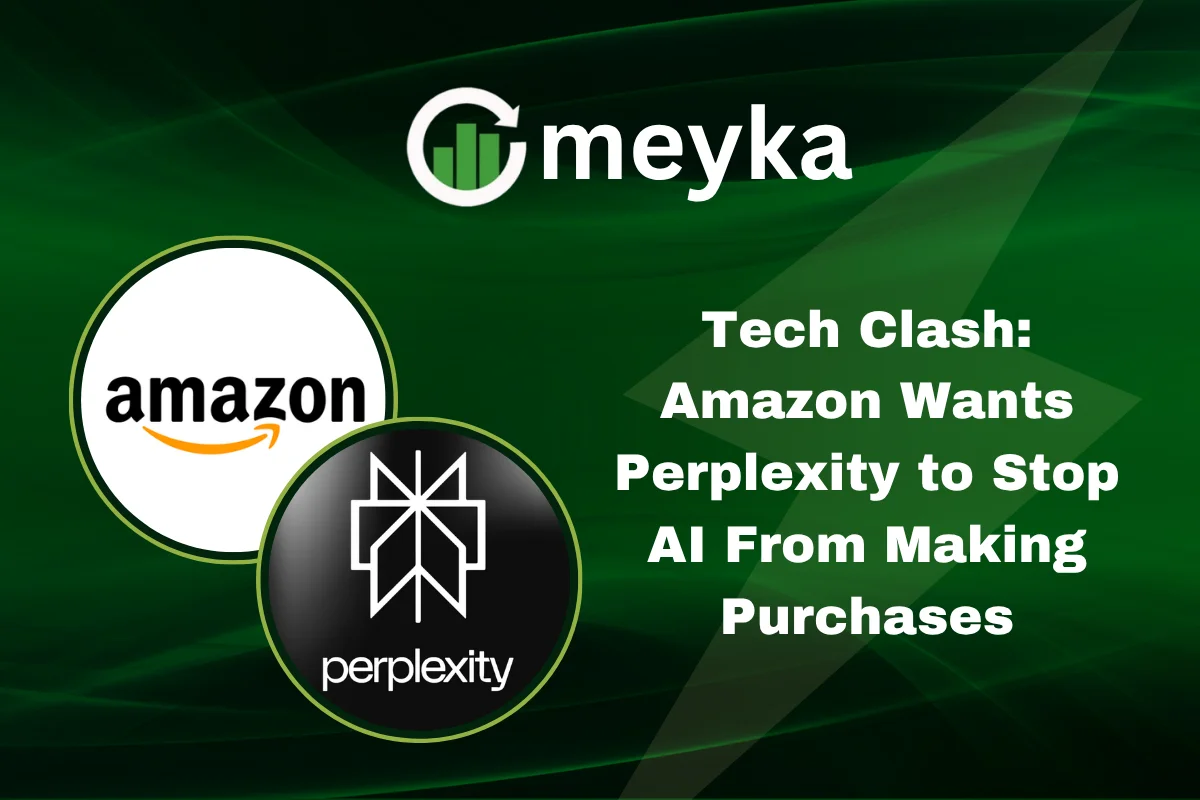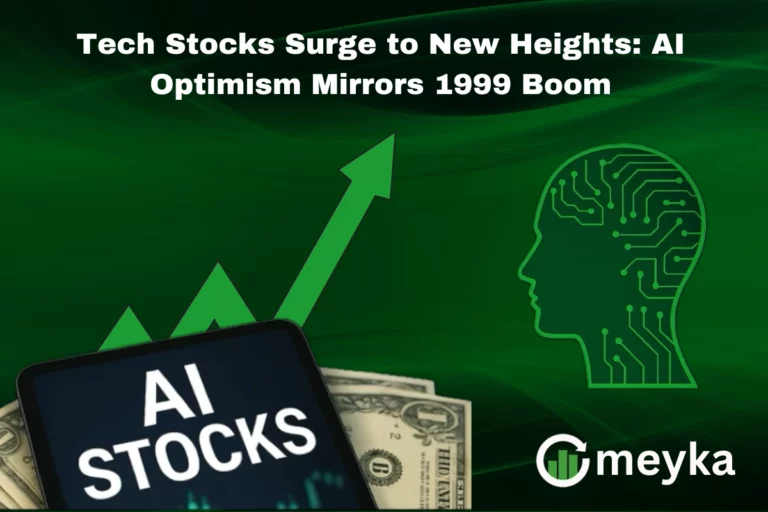Tech Clash: Amazon Wants Perplexity to Stop AI From Making Purchases
The growing world of artificial intelligence has brought convenience, automation, and speed to everyday life. But it has also introduced new legal and ethical problems that major companies are now forced to address. One of the latest conflicts in the tech world involves Amazon and the rising AI platform Perplexity, an advanced AI-powered search and assistant tool. Amazon has demanded that Perplexity stop enabling AI-powered shopping actions that can place orders directly on Amazon without user authorization.
Continue Reading on Meyka
This article is available in full on our main platform. Get access to complete analysis, stock insights, and more.
Read Full Article →





